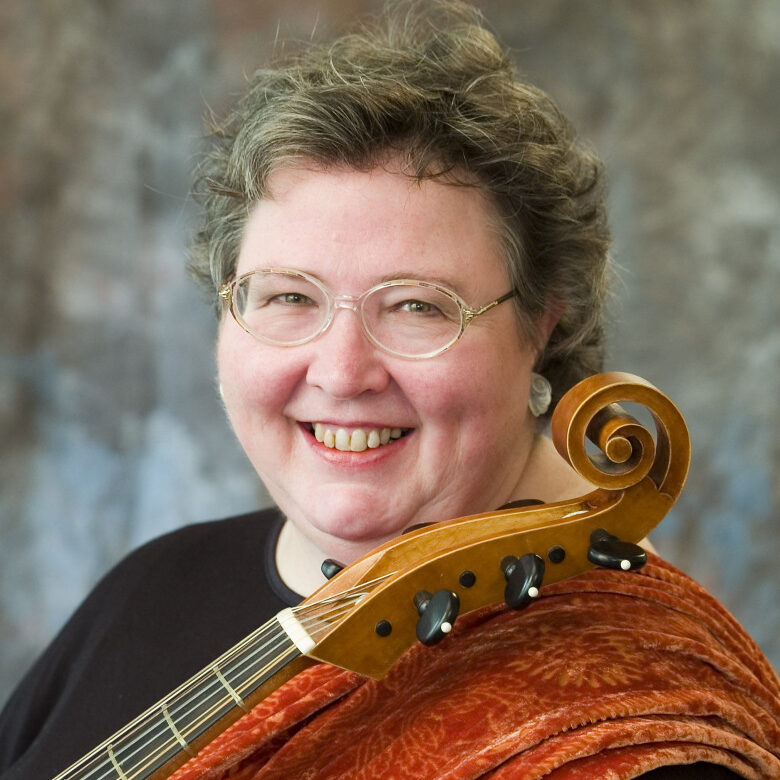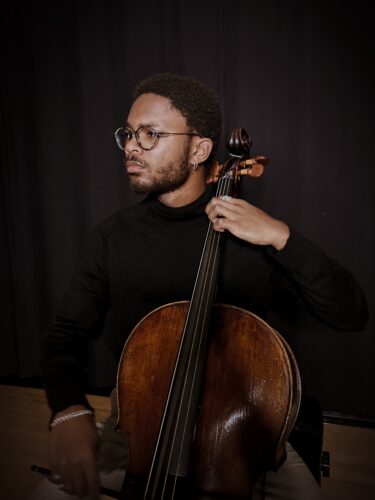Honoring Margriet Tindemans

The Margriet Tindemans Early Strings Scholarship was established by Early Music America in 2018 to honor the life and work of the late Margriet Tindemans (1951-2014), a master of early stringed instruments and a shining figure in the field of early music. The biennial Scholarship provides support for specialized, advanced study outside North America that focuses on some aspect of Medieval, Renaissance, or Baroque bowed stringed instruments. The award will cover up to $25,000 in qualifying expenses.
The Scholarship will be awarded to the applicant whose proposal best demonstrates a balance of originality, versatility, depth and breadth of study, and personal dedication. These elements must also be evident in the applicant’s previous endeavors. Applicants must demonstrate a high degree of musical accomplishment in order to be considered.
To make a donation to the Tindemans Early Strings Scholarship Fund, visit our Named Scholarship Funds donation page and designate the Tindemans fund in the appropriate field.
2024-2025 Recipient: Zachary Earle

It is with great pleasure that we announce Zachary Earle as the recipient of the 2025 Margriet Tindemans Early Strings Scholarship.
Zachary Earle is a cellist whose musical journey began at age ten, when he was captivated by the cello’s warmth and size in his elementary school’s music room. Under the mentorship of Will Preece of the Grand Rapids Symphony, he developed a deep interest in both contemporary and baroque cello technique, blending historically informed performance with modern expression. Zachary is a recent graduate of Western Michigan University, where he earned his Bachelor of Music in cello performance under Bruce Uchimura. While at Western, he was awarded the Rhea Yeager Fetzer Scholarship, named the Kalamazoo Symphony Orchestra’s Artist Scholar for the 2022–2023 season, and won the 2024 Western Michigan University Concerto Competition.
Zachary has participated in the Amherst Early Music Festival, Chamber Music Collective, Smithsonian Haydn Quartet Academy, and the Smithsonian Academy Orchestra—experiences that have been formative in his growth as a historical performer. Key mentors in his early music training include Isaiah Chapman, Cullen O’Neil, and Keiran Campbell. Alongside his performance work, Zachary teaches over twenty students in the Kalamazoo area through Kalamazoo Kids In Tune, Crescendo Music Academy, and his private studio. In fall 2025, he will begin a master’s degree in historical cello at the Royal Academy of Music in London, studying with Professor Jonathan Manson.
Being awarded Early Music America’s Margriet Tindemans Early Strings Scholarship is an immense honor, one that I do not take lightly as I head overseas to continue my studies at the Royal Academy of Music in London, England. This award will not only contribute to my education at the Academy, but will also provide me with the resources necessary to create a multimedia database for string musicians of all stages to access. This database will serve as an educational resource for young musicians with big aspirations and to expose them to an alternative way of learning their instrument free of societal barriers. I am incredibly grateful to Early Music America for granting me this scholarship and look forward to helping the next generation of artists, from early music specialists to contemporary musicians alike—continuing the legacy of Margriet Tindemans. – Zachary Earle
Previous Recipients:
2023-2024: Alyssa Campbell
2021-2022: Tavya McCoy
2019-2020: Alexander Baker
Questions may be sent to EMA at tindemans@earlymusicamerica.org.
The 2025 application is now closed. The application for 2027 will be available in Fall 2026.

